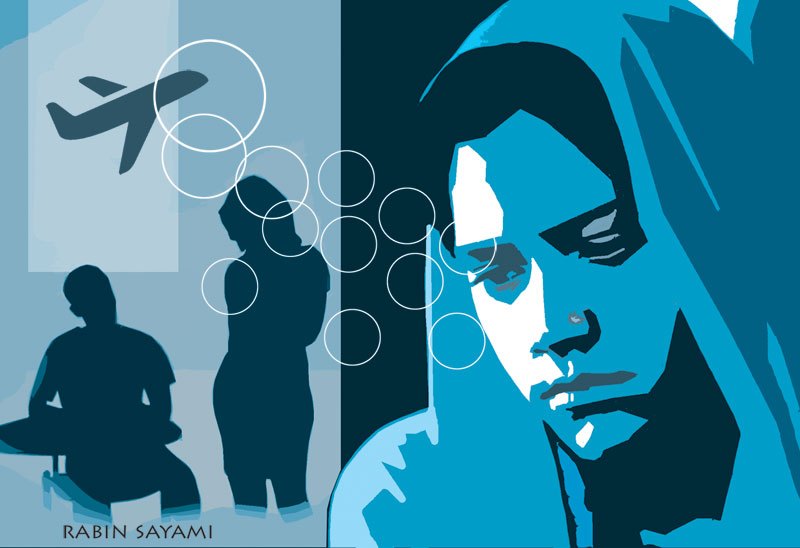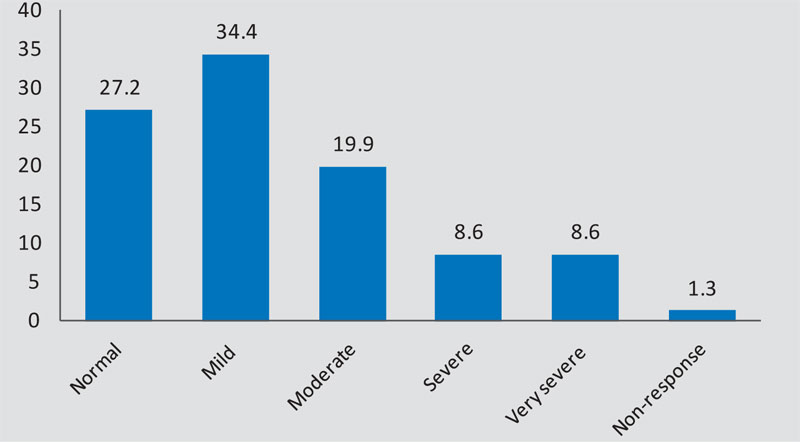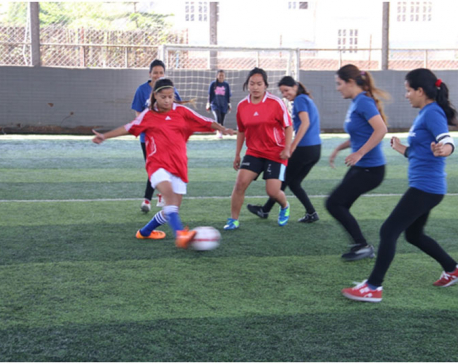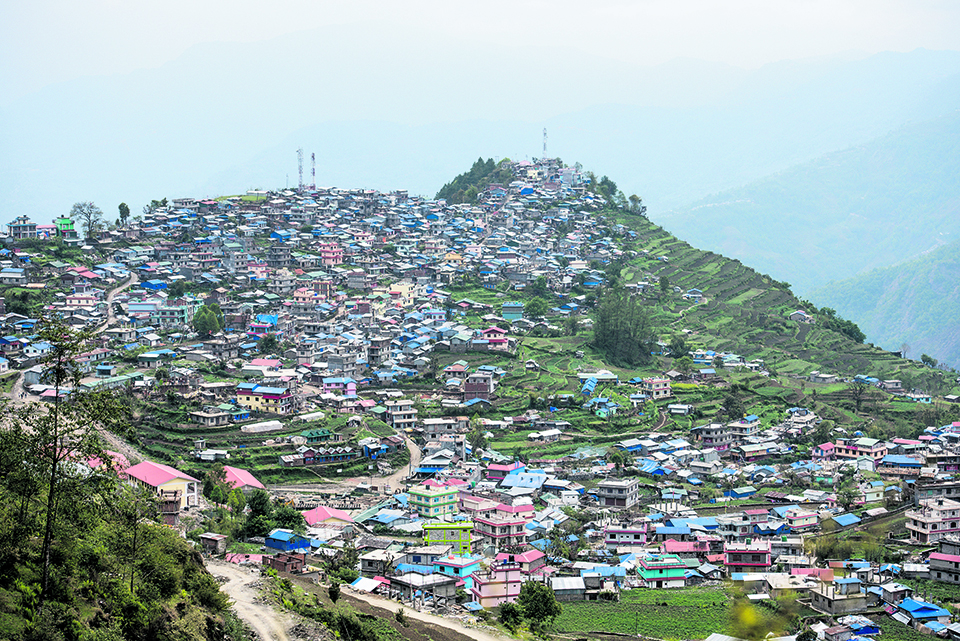
OR
Depression rife among returnee women migrants: Study
Published On: July 7, 2016 01:00 AM NPT By: Siromani Dhungana | @siromanid

KATHMANDU, July 7: A recent research report shows high rates of depression among women migrants who have returned to Nepal.
'A Study on Mental Health of Women Migrant Workers' carried out by Pourakhi Nepal, a non-government organization working for women migrants, found that 72.8 percent of the returnees were facing high levels of depression.
Among the returnee women migrant workers, those in the age range 25-35 were the most affected by depression.
Another finding was that some of the women were already depressed before they left for foreign employment. Domestic violence, bitter relations with their husbands and extreme poverty are the causes of such depression, which led them to leave the country in the first place.
This clearly shows that violence against women back in the home is directly linked with the rate of depression among the returnees, said Manju Gurung, chairperson of Pourakhi.
Likewise, the research report has also uncovered some other dismal facts. As many as 23.1 percent of the respondents reported being subjected to rape while in foreign employment. Among the interviewees, 25.8 percent said that they had to deal with various forms of abuse, such as beatings, verbal abuse, torture, isolation and attempts at sexual harassment.
Traffickers target women who have been facing extreme poverty and unhappy family situations, according to Gurung. She added that women migrant workers face atrocious working conditions, sometimes amounting to forced labor.
A total of 151 women migrant workers, who returned to Nepal between September 2014 and March 2015, were interviewed for the study. The research had planned to include 161 returnees. But 10 of the respondents were found to be suffering from psychosis, a severe mental disorder, and were sent to hospital for treatment, according to Dr. Pradeep Man Singh, psychiatrist at Kathmandu Medical College, who was also involved in the study.

The study showed that as many as 43 percent of the respondents had stayed in the destination country illegally. The data clearly shows that women have been trapped by traffickers.
According to the report, 40.4 percent of the respondents said they did not have adequate sleep while working aboard. And 32.5 percent told the researchers that they were prevented from calling home regularly, according to Dr. Singh.
The study was supported by Safer Migration Project/HELVETAS, and covered women migrant workers who returned from Kuwait, Saudi Arabia, UAE, Malaysia, Qatar, Isarel and Bahrain.
You May Like This

Futsal for the women, by the women and of the women!
KATHMANDU, March 19: WE United Project launched the Mahila Premier League (MPL) on March 18 at Grassroots Recreational Center in Mandikhatar. ... Read More...

Saudi women join forces to champion the changing role of women
RIYADH, March 9: In Saudi Arabia, a group of women are preparing an unusual event to mark International Women’s Day... Read More...

Helping women re-envision a better Nepal: Women LEAD Nepal
KATHMANDU,March 7: Women LEAD Nepal started as an idea that women and girls could change the trajectory of Nepal’s future and... Read More...







Just In
- Illam by-election: Nepal-India border to be 'sealed' from midnight today
- Gold price rises by Rs 500 per tola
- Emir of Qatar returns home after wrapping up state visit to Nepal
- Senate passes bill forcing TikTok’s parent company to sell or face ban, sends to Biden for signature
- PM Dahal hosts luncheon in honor of Qatari Emir
- Tata Sumo accident in Kavre leaves 10 injured, three in critical condition
- West Indies ‘A’ cricket team arrives in Nepal
- Barpark commemorates 2015's Gorkha Earthquake



_20240423174443.jpg)








Leave A Comment